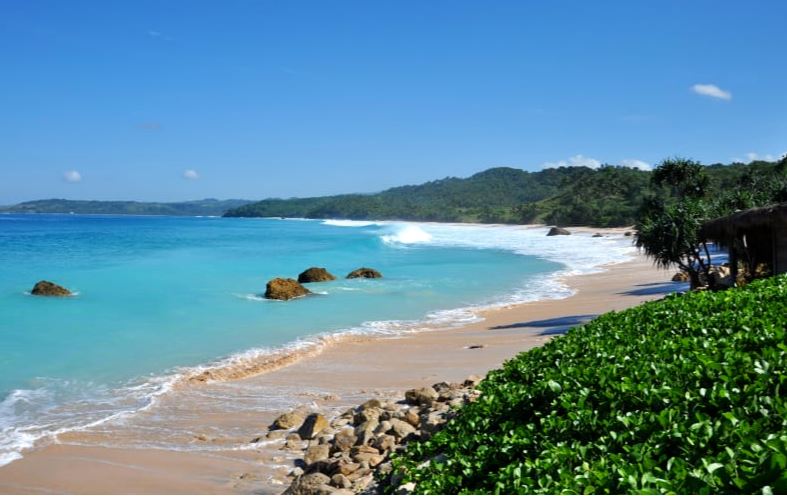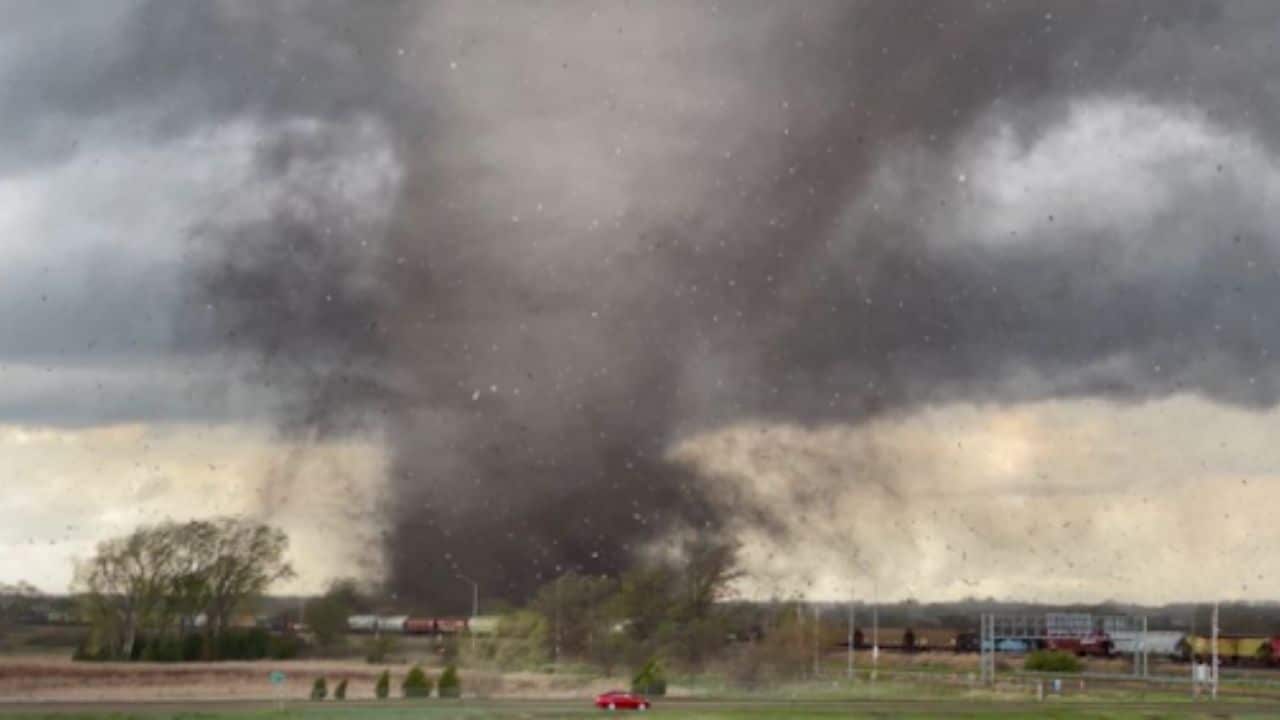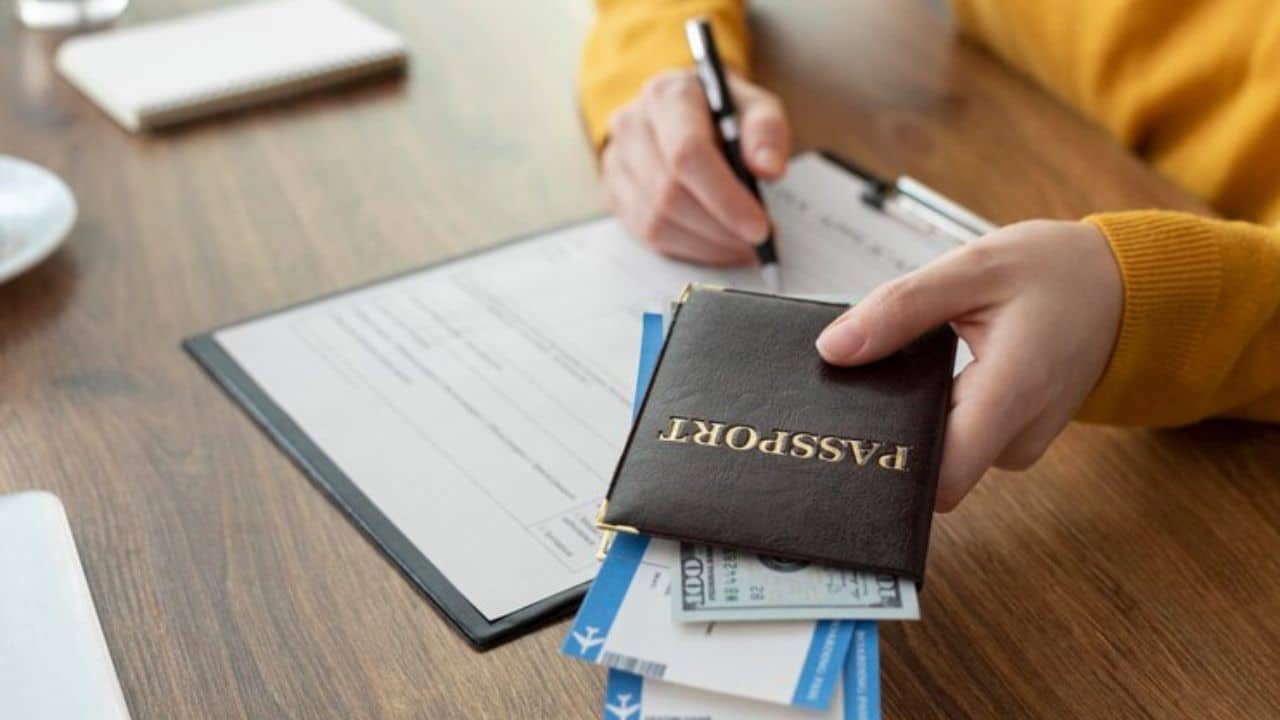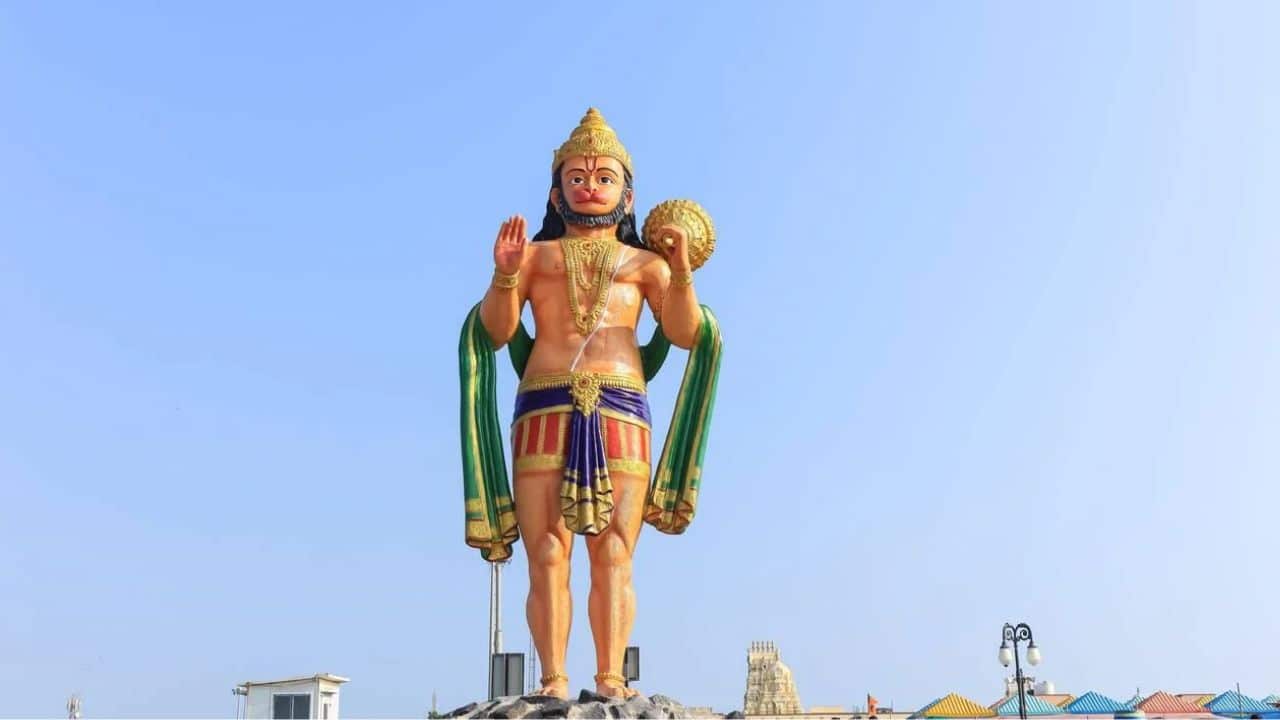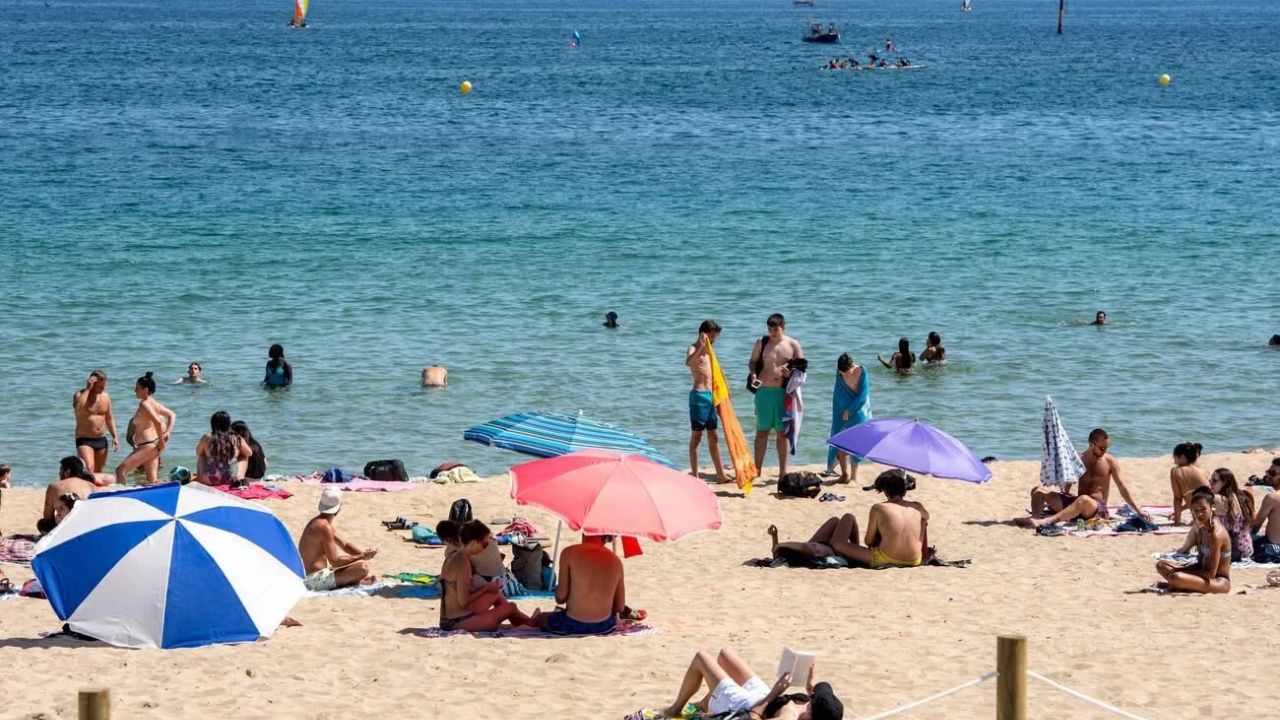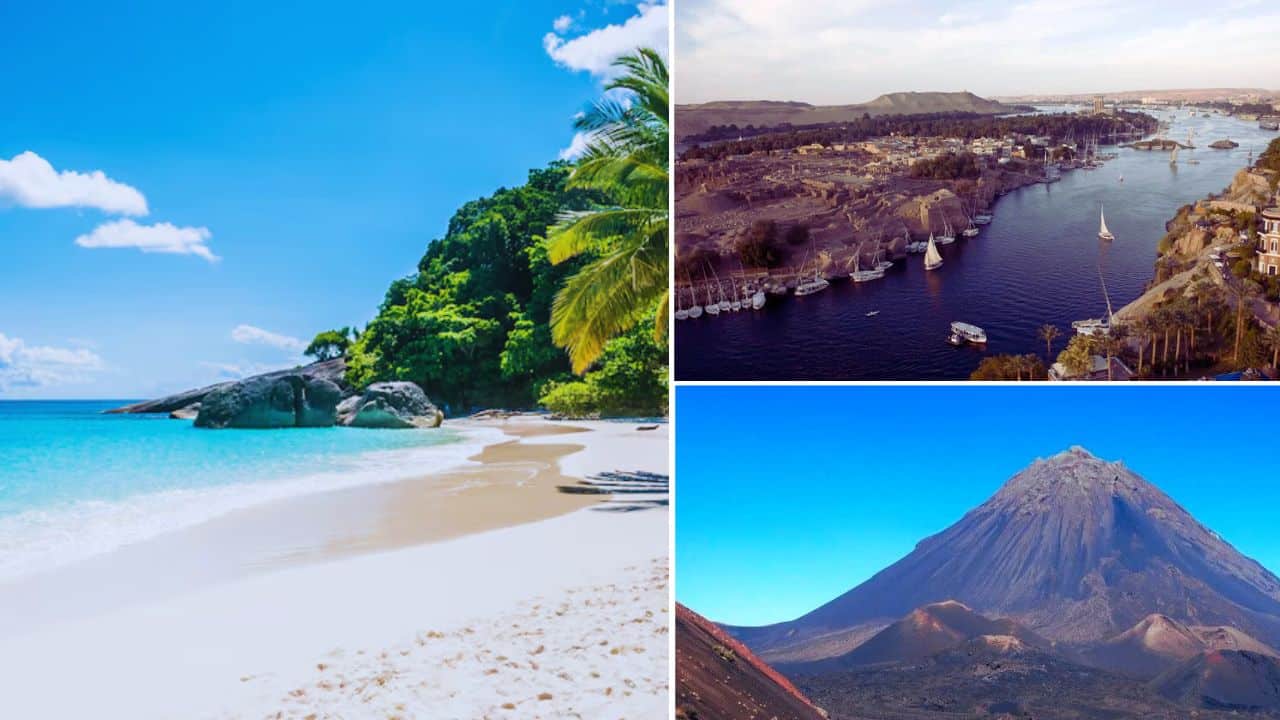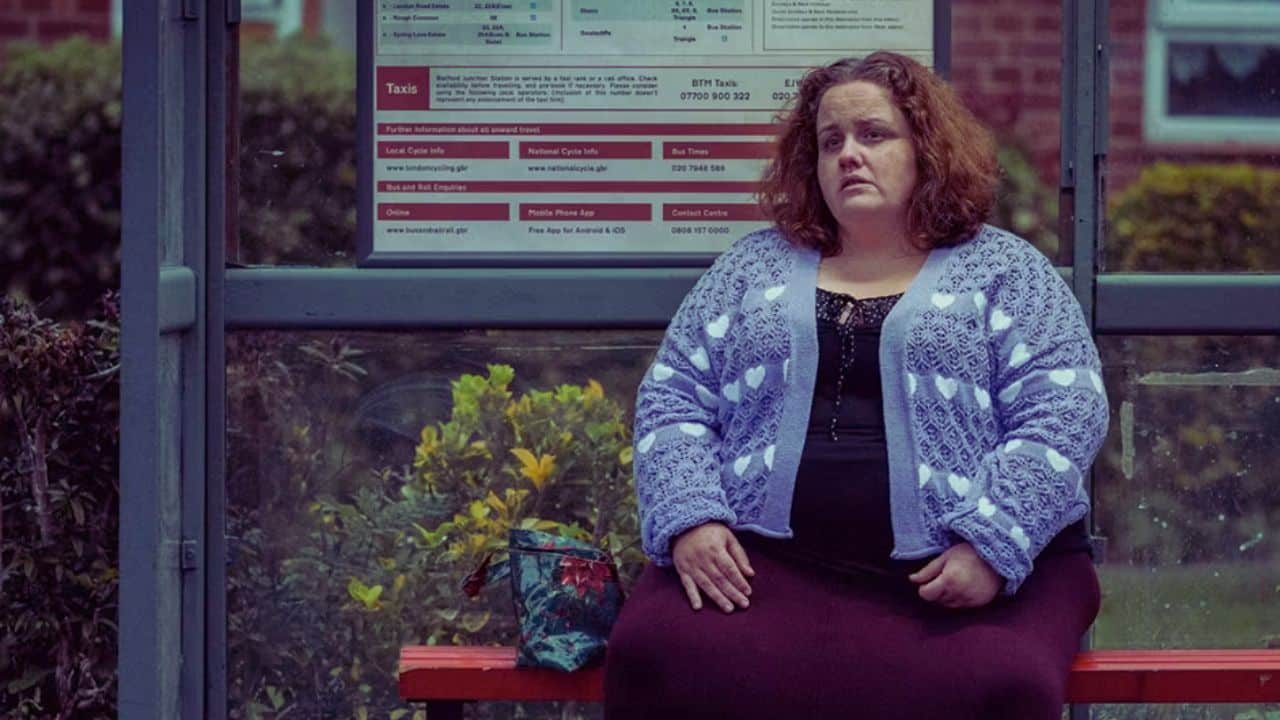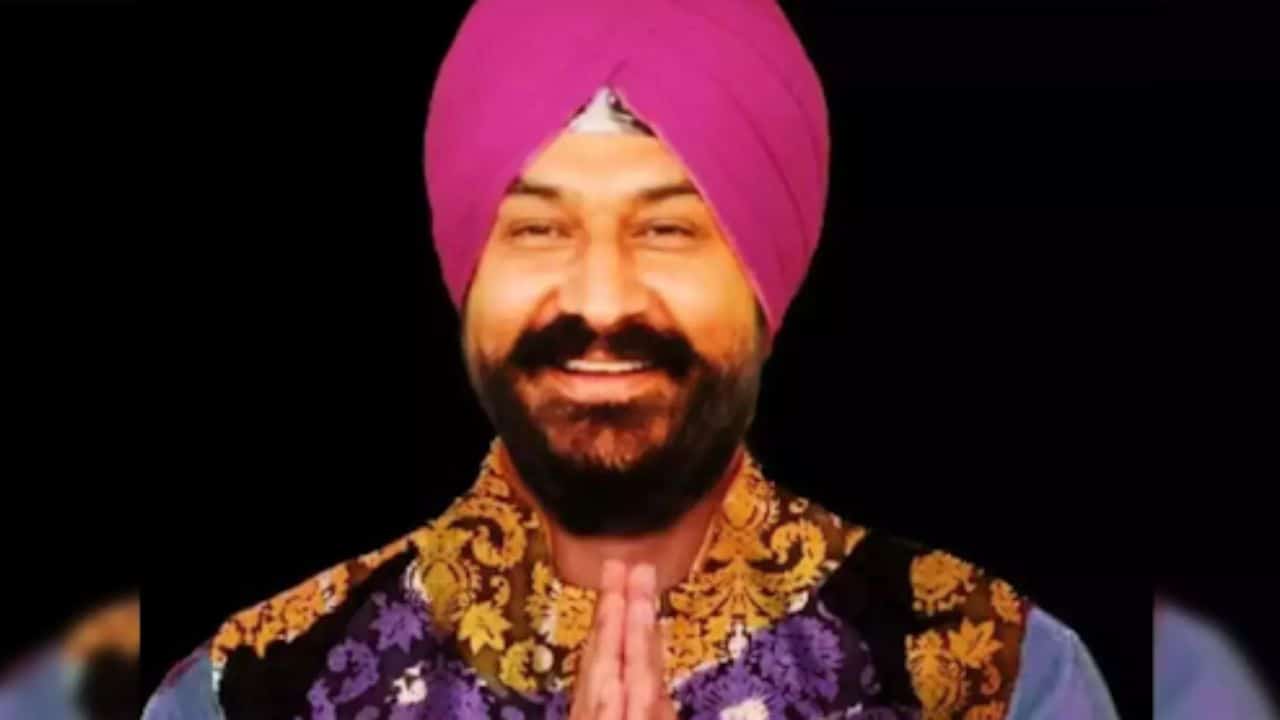Sumba is a place apart. It is at the western end of the Savu Sea, a few islands east of Bali. Wild horses still roam the beaches with palm trees, and buffalo are more common than cars on some roads. An island with natural pools hidden in the shadows and mythical surf breaks, as well as dry strips of limestone hills that look almost like an African savannah.
Sumba is twice as big as Bali but has only one-sixth as many people. What makes it stand out is its native Marapu belief system, in which locals worship the spirits of their ancestors, who they believe live around it, even though some are buried in large megalithic tombs. This cultural heritage makes it an unmissable vacation spot. In kampung villages with thatched, peaked-roof houses, women who chew betel nuts hand-dye fabrics with indigo leaves, bark root, and crushed turmeric to make some of the most intricate ikat weavings of seashells and animals in Indonesia.
It is almost a virgin island with shaman priests but no commercial centers. Children still say “Hey, sir!” and it can be hard to deal with poverty, tribalism, and sacrificial rituals.
Up until now, Sumba hasn’t had anything like Bali’s overdevelopment. New hotel owners have tried to combine hospitality with giving back to the community. One example is Claude Graves, who in 1989 built a resort next to the island’s most famous surf break and set up the Sumba Foundation to help fund community projects. The hotel is now called Nihi Sumba, and it is owned by Chris Burch, an American financier, and James McBride, a South African hotelier.
This year, the cool and tropical Cap Karoso on the island’s wild western tip will be the big story. Fabrice and Eve Ivara, the first hotel owners, will focus on food made by a rotating group of chefs using ingredients from the resort’s organic farm.
Most visitors stay in West Sumba, where resorts like Nihi Sumba in the south and Cap Karoso in the west are about a 90-minute drive from the small airport in Tambolaka. The drive is on quiet, dusty roads. There are magical beaches everywhere, from the limestone stacks of Bwant to in the southwest to the half-lagoon of Mandorak in the far west and the Pero Estuary, where fishermen’s wooden canoes gather in crystal-clear water. Near Mandorak, at Weekuri Lagoon, locals can rent life jackets and float peacefully while the Indian Ocean blows from one end.
There are also sandalwood and cashew plantations in the dry eastern part of Sumba, which is also worth seeing. The Lapopu waterfall, the waterfalls, the Waikelo Sawah caves, and the Waimarang pool, which looks like a Mexican cenote, are some of the best natural sights along the way. There are traditional kampung villages all over the island, like Ratenggaro in the west, where thatched houses and megalithic tombs look out over a beautiful estuary with white sand and calm turquoise waters.
Where to stay on Indonesia’s island of Sumba?
Nihi Sumba
Nihi Sumba is still the most famous place to stay on the island. It has 28 thatched-roof villas with infinity pools and private butlers who set up horseback rides on the beach at sunset. Double rooms start at $1,523.
Alamayah
Also on the southwest coast, Alamayah is a surf-friendly boutique hotel with six suites, rooftop yoga, and a plant-based restaurant. Double rooms start at about $195.
Cap Koroso
By the end of the year, Cap Karoso will open with 47 rooms and 20 villas, some of which will be beachfront homes with lagoon pools. Double rooms will start at about $230.
Maringi Sumba
Closer to the airport and the beautiful Mananga Aba beach in the north, the Sumba Hospitality Foundation’s Maringi Sumba is a lush, eco-friendly bamboo resort with nine rooms and villas and excellent Sumbanese food from its permaculture farm. Double rooms start at $130.
The Guide to Sumba (Indonesia)
Here, the Ivaras and other people who have fallen in love with the island explain why this delicately balanced place needs only the gentlest, most sustainable steps.
DEMPTA BATO
Bato has worked with non-governmental organizations (NGOs) in Sumba for 20 years, mostly in the fields of education and child protection. She is in charge of the Sumba Hospitality Foundation, which trains people from that area to work in the best hotels in the world.
“I don’t think I knew how unique our culture was until I went to college. On Sumba, we believe that our ancestors live in the trees, the rocks, and the sea, and that we should live in harmony with them. Because of this, bamboo-thatched houses have a special floor for our ancestors that most people will never go to. We think that having high roofs makes it easier to communicate with the spirits.
“Rituals are a big part of our culture in Sumba. We have long weddings and funerals, shamanic blessings, and festivals. La Pasola, the harvest festival, takes place in February or March. Clan leaders watch the moon and the arrival of sea worms on the beach to figure out when the celebrations should start. In it, people from different clans fight with sticks while riding horses, and the police don’t step in if someone gets hurt. Even though it’s hard to see, visitors are always welcome at these ceremonies and in the towns nearby.”
“But what’s really going on is that the island itself is like a beautiful god. I was lucky enough to get a good education somewhere else, and now my passion is educating the local people. I do this through social work and the Sumba Hospitality Foundation, where one of our goals is to promote the kind of sustainable tourism that will keep the island safe. Even though I like to travel and learn, Sumba is my home. My heart is on earth, with my ancestors.
ASTIKA HEY
Oye is from Bali and used to be a national-level windsurfer and kitesurfer. He now runs the water sports department at Nihi Sumba, which opened in 2012 as the island’s first luxury resort.
“I grew up in Sanur, and I always say that Sumba reminds me of Bali before the traffic and plastic bottles, when I was in elementary school. My first love was the sea. When I was six years old, my father taught me how to fish, and we sold what we caught in the local markets. When I first went to Sumba in 2017, I fell in love with the water. It was so clear and full of fish, and the waves were empty in a way that you don’t see in Bali anymore.
“I was first asked by Chris Burch’s (one of the people who owns Nihi Sumba) children. I remember going surfing, spear fishing, and kitesurfing all in one day. Chris ended up asking me to dinner, where he told me I could work at the resort as a boatman. Nihi is right across from Occy’s Left, which is one of the best left breaks on the island and was named after Australian surfer Mark Occhilupo. I take guests there on the jet ski so they don’t have to paddle. We’ll go spear fishing on the beautiful Konda Maloba beach, where we’ll cut sashimi from wahoo or Spanish mackerel and grill dorado right on the white sand. We will go kitesurfing in Marosi, where the waves break far from the shore, leaving beautiful flat water around a small rocky island that is surrounded by nothing but palm trees and sand. Nihi is a happy place where many people from the area work. It’s a job for me, but I’ve never felt closer to my interests. It’s like being a kid again.”
LATHAUWER’S INGE
Inge de Lathauwer, who was born in Belgium and has worked for charity all her life, started the Sumba Hospitality Foundation in 2016. Her hospitality school is focused on being green and has an eco-hotel, restaurant, and farm.
“When I went to Sumba in 2013, no one had ever been there before. They were curious and sometimes seemed angry, but when I smiled, they smiled back with a huge grin. No one went there, which was partly why it was so clean and had been able to keep its animist culture. People there were poor and didn’t know much, so it was clear that this beautiful place would grow. I wanted to give people more power, and I was worried about what development might look like, especially after seeing what had happened in some parts of Bali.
“When I first got here, I thought about building an eco-tourism complex, but after I spent more time here, I decided to make a hospitality school that would also show what sustainable development should look like, from using recycled water and solar panels to building with bamboo. People thought he was up to something, so it was important for Dempta to join me. As a local, he knew how to get tribal leaders, Marapu priests, and future students to join the initiative.
“Right now, more than 800 poor young people between the ages of 17 and 23 are applying for 60 spots. Most of them don’t speak English when they get here, so we have to teach them not only the language but also a whole new way to think about themselves. Many of them have gone on to work at some of the best hotels in the world, like Belmond, The Ritz-Carlton, and Aman, as well as Nihi in Sumba. We teach them how to be good guides as well. Going to Bali or the Maldives helps them connect with their own culture, and I like to think that we’ve taught them how to dream.
EVE IVARA AND FABRICE
This French couple is behind Cap Karoso, a tourist complex and eco-community that will open later this year.
“We had heard about this place from people in Bali. It was an hour’s flight to the east. When we got there, it seemed like we were on a different planet. On Bali, there was a lot of traffic and honking horns, but on Sumba, there was almost no traffic and it was very quiet. It was like going back to a time when traveling was what it was meant to be. There was an emotional tie that made us want to do something here, and there was a special magic in Karoso, a ten-kilometer beach surrounded by forest where the only things you could see were graves and the roofs of traditional houses.
“Being a part of the local culture taught us a lot. We had to go through a lot of rituals and drink a lot of sugary coffee to get the blessing of the village elders. On the land of the Karoso, we have two blessing ceremonies with shamans, dancers, and sacrifices. The second one was in 2019, and there were more than 600 people there. I remember seeing a 90-year-old shaman in a deep trance and hearing him speak in a strange language that made me cry. After each sentence of a short speech I had learned in the local language, there was a round of applause. It was very emotional to feel like I belonged in a special place.”
“Cap Karoso will be built around sustainability and community. Guest chefs will use local ingredients, which is an important part of a living community. We don’t want people to feel separate from the place, but rather immersed in it. Sumba is not a place with no problems like the Maldives or the Seychelles. It’s a trip to a place that’s totally different.”
Apart from this, if you are interested, you can also read Entertainment, Numerology, Tech, and Health-related articles here: XXXX Dry Review, Highest Grossing Indian Movies of all Time, Highest Grossing Movies of All Time, Rush Limbaugh net worth, Gotham Season 7, Parag Agrawal Net Worth, Tara Reid Net Worth, Blonde Trailer, Fastest VPN for PC, WPC18, Highest Paid CEO in India 2022, Highest paid athletes 2022, My5 TV Activate, Kissmanga, WPC16, Highest Paid CEO 2022, Grey’s Anatomy Season 19, WPC15, Alexa.com Alternatives,
The Resident Season 6, Kraven The Hunter, One Punch Man season 3, The Resident Season 5, Yellowstone season 5, Ozark season 4 part 2, How to Remove Bookmarks on Mac, Outer Banks Season 4, How to block a website on Chrome, How to watch NFL games for free, DesireMovies, How to watch NFL games without cable, How to unlock iPhone, How to cancel ESPN+, How to turn on Bluetooth on Windows 10, Outer Banks Season 3,
6streams, 4Anime, Moviesflix, 123MKV, MasterAnime, Buffstreams, GoMovies, VIPLeague, How to Play Music in Discord, Vampires Diaries Season 9, Homeland Season 9, Brent Rivera Net Worth, PDFDrive, SmallPDF, Knightfall Season 3, Crackstream, Kung Fu Panda 4, 1616 Angel Number, 333 Angel Number,
666 Angel Number, 777 Angel Number, 444 angel number, Bruno Mars net worth, KissAnime, Jim Carrey net worth, Bollyshare, Afdah, Prabhas Wife Name, Project Free TV, Kissasian, Mangago, Kickassanime, Moviezwap, Jio Rockers, Dramacool, M4uHD, Hip Dips, M4ufree, Fiverr English Test Answers, NBAstreamsXYZ, Highest Paid CEO, The 100 season 8, and F95Zone.
The article originally published in Condé Nast Traveler UK.

